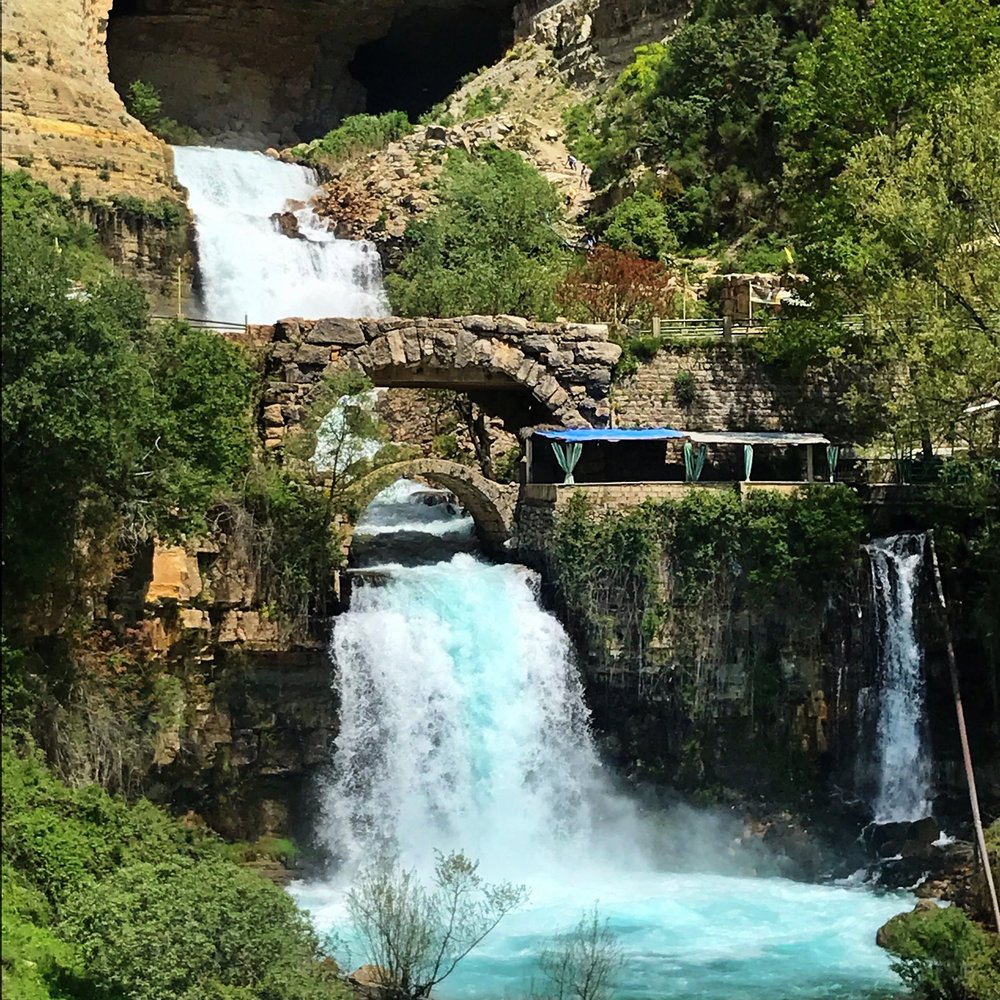Welcome to our newsletter, dear readers.
• Our first new library addition this month is a brief biography of Saint Sharbel of Lebanon, one of the most influential and beloved Maronite saints of recent times. A monk and a priest of the 19th century, Mar Charbel’s tomb has become a major pilgrimage destination frequented by Christian and Muslim devotees.
The hermit was poorly dressed but with clean clothes, poorly fed but with good health and exposed without defense to the cold and the heat. Deprived of any comfort or human tenderness, he was nevertheless the happiest man in the world because the Lord became his truth, his strength, his riches, his joy and the reason for his life.
• Next we present an introduction to one of the most famous and important Christian manuals for the contemplative life, the Imitation of Christ by Thomas à Kempis, with links to the original Latin text and to an excellent audio recording.
The more a man hath unity and simplicity in himself, the more things and the deeper things he understandeth; and that without labour, because he receiveth the light of understanding from above. The spirit which is pure, sincere, and steadfast, is not distracted though it hath many works to do, because it doth all things to the honour of God, and striveth to be free from all thoughts of self-seeking. Who is so full of hindrance and annoyance to thee as thine own undisciplined heart?
Nahr Ibrahim Spring, a pre-Christian and Marian pilgrimage site near Beirut.
• And we conclude our selection with an article by Nour Farra-Haddad on “Shared Rituals through ziyarat in Lebanon,” on remarkable and inspiring practices by Christian and Muslim pilgrims. As they share rituals around the tombs of the saints of either religion, fraternally, they embody beyond words a very concrete interreligious dialogue.
I heard often from pilgrims “Allah wahid” (“There is only one God”) and also “Kull al-qaddisin fiyon al-barakeh” (“All saints possess baraka”). Pilgrims and sanctuary-keepers strongly emphasize that the shrines and the saints are sacred to all and that saints operate miracles for Christians and Muslims without distinction. Believers meet one another and perform the same practices without trying to hide or deny their religious identity in any way. There is no pressure at the religious sites on visitors and the religious identity of the pilgrims is perfectly preserved and respected.




